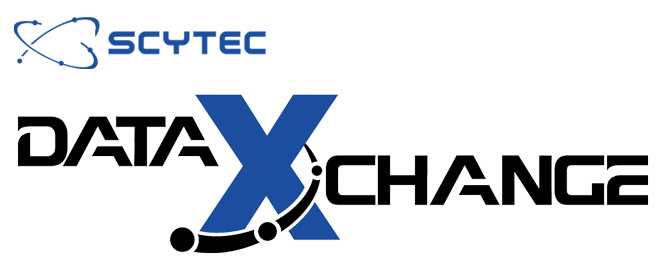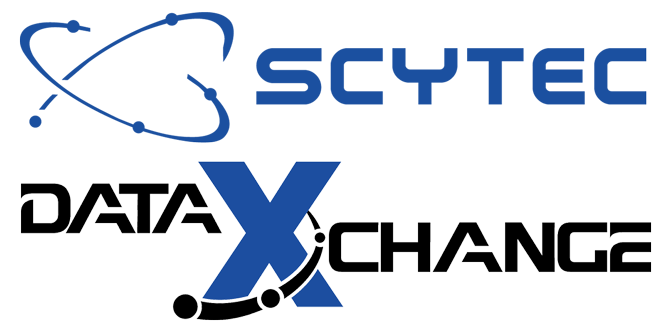CONNECTED REVOLUTION
Industry 4.0 refers to The Fourth Revolution that is occurring in the manufacturing industry. The term “Smart Factory” is another phrase that simply refers to Industry 4.0 technologies. The First Revolution was machine, steam, and waterpower to create production. The Second was driven by electricity and the ability to create mass production. The Third Revolution was based on electronics, computers, and networking to automation production.
The Fourth revolution is based on sharing and utilizing data-driven by Cloud technologies and converging digital and physical systems, which is referred to as cyber-physical systems. Industry 4.0 also encompasses topics such as genome editing, artificial intelligence, virtual and augmented reality, and 3-D printing, along with other technologies. DataXchange focuses on sharing and utilizing data-driven by Cloud technologies to create value.
INDUSTRIAL IOT
Many of the Industry 4.0 technologies aren’t new. Industry 4.0 is bringing together many technologies and fusing them together to increase the value that can be derived. The Industrial Internet of Things, or IIoT, is a subset of Industry 4.0. The concept of IIoT is taking manufacturing data coming from machines, sensors, and people and sending it to the Cloud. IIoT is an enabler to be able to generate value.
Scytec DataXchange utilizes IIoT and other Industry 4.0 concepts of collecting data from a variety of shop floor components such as equipment, sensors, shop floor operators, and other business systems such as ERP and CMMS. Data from across these different systems is analyzed in real-time to make certain decisions and to take some immediate actions such as generating notifications. Continuing with the Industry 4.0 concepts of sharing and analyzing, the data is also immediately sent to the Cloud for further analytics and to generate both real-time dashboards and historical trends displayed in a variety of ways to different stakeholders creating immediate and long-term value.
Industry 4.0 and Cloud technologies have enabled business models such as pay-as-you-go services, or SaaS, which is Software as a Service. The SaaS model has many advantages such as low start-up fees, flexibility of services delivered, scalability, along with many others. These advantages lower the barriers of entry, allowing smaller companies to partake in the technology, leveling the playing field.
There are definitely some new technologies in play within the concepts of Industry 4.0. However, the biggest aspect of Industry 4.0 is a culture change and simply embracing technology as part of our everyday tasks within manufacturing.

